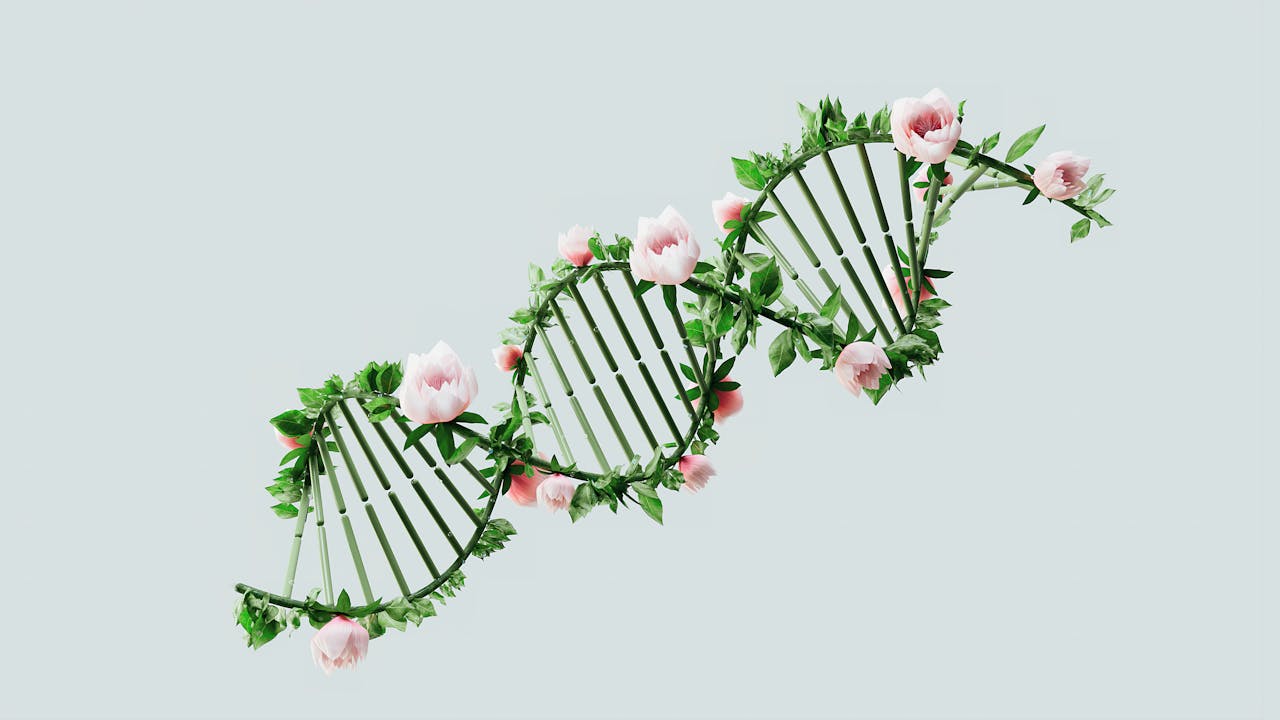Groundbreaking research has uncovered intriguing evidence that experiences affecting our senses could potentially be passed down to our children. This research, focusing on mice, has revealed that not only can parents’ sensory experiences shape their own behavior, but these changes might also be inherited by their offspring.
Researchers used advanced techniques to study how mice’s olfactory sensory neurons (OSNs) respond to smells. OSNs are the cells responsible for detecting odors. In their experiments, the scientists exposed adult mice to an unpleasant smell paired with a mild shock. Over time, the mice developed a heightened sensitivity to this particular odor, and their OSNs increased in number to better detect it.
But the story doesn’t end with the parent mice. Astonishingly, their offspring also showed an increased number of OSNs that responded to the same unpleasant odor, even though the young mice had never been directly exposed to it. This suggests that the heightened sensitivity to the odor was not just a result of the parents’ immediate experience but was somehow passed down to the next generation, a concept known as epigenetic memory.
Imagine this in human terms: if a parent had a particularly strong emotional reaction to a specific smell, it might influence how their child responds to that smell, even without the child ever experiencing it directly. This research hints that such inherited traits could potentially affect everything from food preferences to responses to certain environmental cues.
The study found that this increased sensitivity lasted for at least 63 days in the parent mice, despite most of the original sensory neurons being replaced by new ones during this period. This suggests that the change wasn’t just a temporary adjustment but a stable, long-lasting alteration in how the sensory system operates.
The findings also highlight that this sensory adaptation could be a form of biological memory, influencing how offspring perceive and react to their environment. For instance, if a parent mouse learned to associate a particular odor with an unpleasant experience, the offspring might be more alert to that odor, potentially leading to a quicker learning process in response to similar stimuli.
The implications of this research extend beyond the lab. It could pave the way for understanding how environmental and emotional experiences of parents might influence their children, not just in terms of immediate behavior but potentially in their sensory processing and even psychological responses. This could have broader applications in fields such as psychology, education, and even public health.
To illustrate, consider a scenario where a parent experiences a traumatic event, such as a severe car accident. Through the process known as epigenetic memory, their child might inherit a heightened sensitivity to similar situations or stressors related to driving, even if the child has never been directly involved in or exposed to such an event. This could help explain why some children seem to develop fears or anxieties related to their parents’ past traumas, despite not having experienced these events themselves. This understanding could be crucial for developing approaches to address and mitigate the effects of inherited psychological trauma and improve mental health support for future generations.
Overall, this research challenges traditional views on inheritance and learning, suggesting that our experiences might have a lasting impact that can shape not only our lives but also those of future generations. As scientists continue to unravel the complexities of genetic and epigenetic inheritance, we may gain deeper insights into how the past experiences of parents influence the sensory and behavioral traits of their children, offering new avenues for addressing inherited sensitivities and adapting our responses to the world around us.
Citation(s):
Liff Clara W., Ayman Yasmine R., Jaeger Eliza C.B., Lee Hudson S., Kim Alexis, Albarracín Angélica Viña, Marlin Bianca Jones (2023) Fear conditioning biases olfactory stem cell receptor fate eLife 12:RP92882 https://doi.org/10.7554/eLife.92882.1



